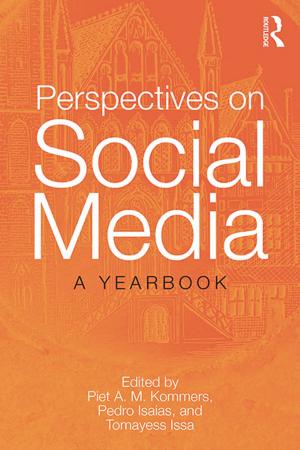Soviet Consumer Culture in the Brezhnev Era
Nonfiction, Social & Cultural Studies, Social Science, Cultural Studies, Ethnic Studies| Author: | Natalya Chernyshova | ISBN: | 9781135046262 |
| Publisher: | Taylor and Francis | Publication: | June 26, 2013 |
| Imprint: | Routledge | Language: | English |
| Author: | Natalya Chernyshova |
| ISBN: | 9781135046262 |
| Publisher: | Taylor and Francis |
| Publication: | June 26, 2013 |
| Imprint: | Routledge |
| Language: | English |
After decades of turmoil and trauma, the Brezhnev era brought stability and an unprecedented rise in living standards to the Soviet Union, enabling ordinary people to enjoy modern consumer goods on an entirely new scale. This book analyses the politics and economics of the state’s efforts to improve living standards, and shows how mass consumption was often used as an instrument of legitimacy, ideology and modernization. However, the resulting consumer revolution brought its own problems for the socialist regime. Rising well-being and the resulting ethos of consumption altered citizens’ relationship with the state and had profound consequences for the communist project.
The book* *uses a wealth of sources to explore the challenge that consumer modernity was posing to Soviet ‘mature socialism’ between the mid-1960s and the early 1980s. It combines analysis of economic policy and public debates on consumerism with the stories of ordinary people and their attitudes to fashion, Western goods and the home. The book contests the notion that Soviet consumers were merely passive, abused, eternally queuing victims and that the Brezhnev era was a period of ‘stagnation’, arguing instead that personal consumption provided the incentive and the space for individuals to connect and interact with society and the regime even before perestroika. This book offers a lively account of Soviet society and everyday life during a period which is rapidly becoming a new frontier of historical research.
After decades of turmoil and trauma, the Brezhnev era brought stability and an unprecedented rise in living standards to the Soviet Union, enabling ordinary people to enjoy modern consumer goods on an entirely new scale. This book analyses the politics and economics of the state’s efforts to improve living standards, and shows how mass consumption was often used as an instrument of legitimacy, ideology and modernization. However, the resulting consumer revolution brought its own problems for the socialist regime. Rising well-being and the resulting ethos of consumption altered citizens’ relationship with the state and had profound consequences for the communist project.
The book* *uses a wealth of sources to explore the challenge that consumer modernity was posing to Soviet ‘mature socialism’ between the mid-1960s and the early 1980s. It combines analysis of economic policy and public debates on consumerism with the stories of ordinary people and their attitudes to fashion, Western goods and the home. The book contests the notion that Soviet consumers were merely passive, abused, eternally queuing victims and that the Brezhnev era was a period of ‘stagnation’, arguing instead that personal consumption provided the incentive and the space for individuals to connect and interact with society and the regime even before perestroika. This book offers a lively account of Soviet society and everyday life during a period which is rapidly becoming a new frontier of historical research.















